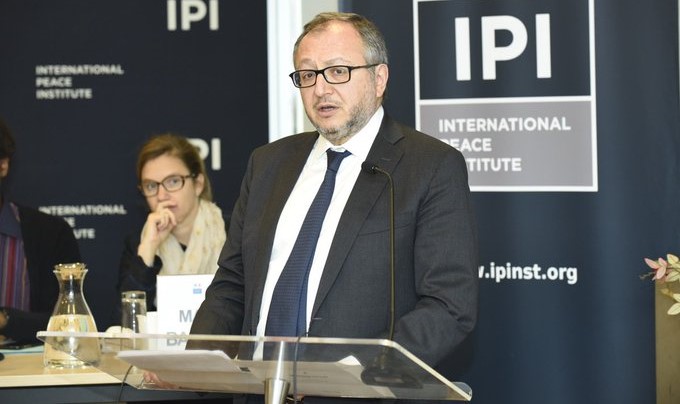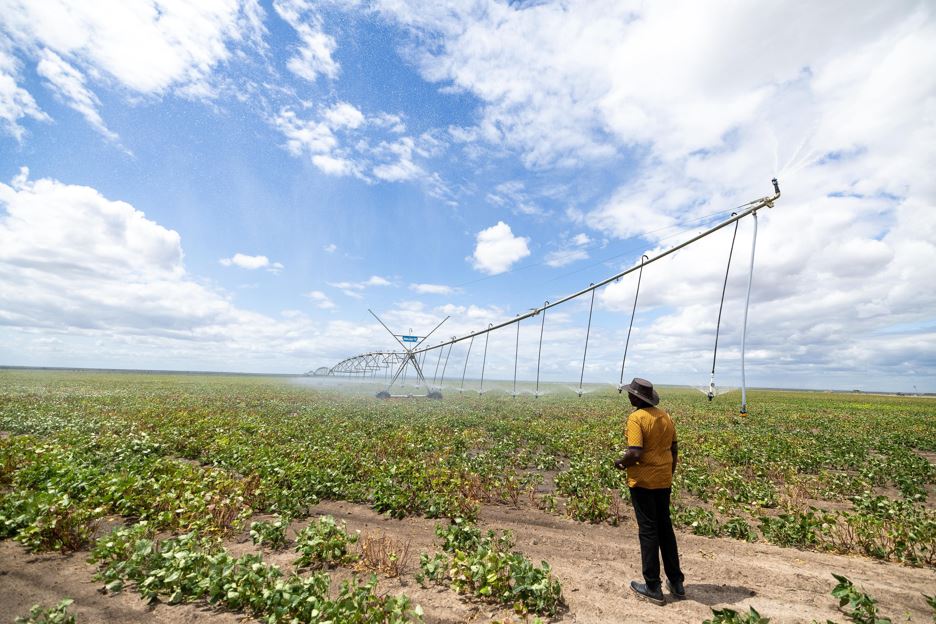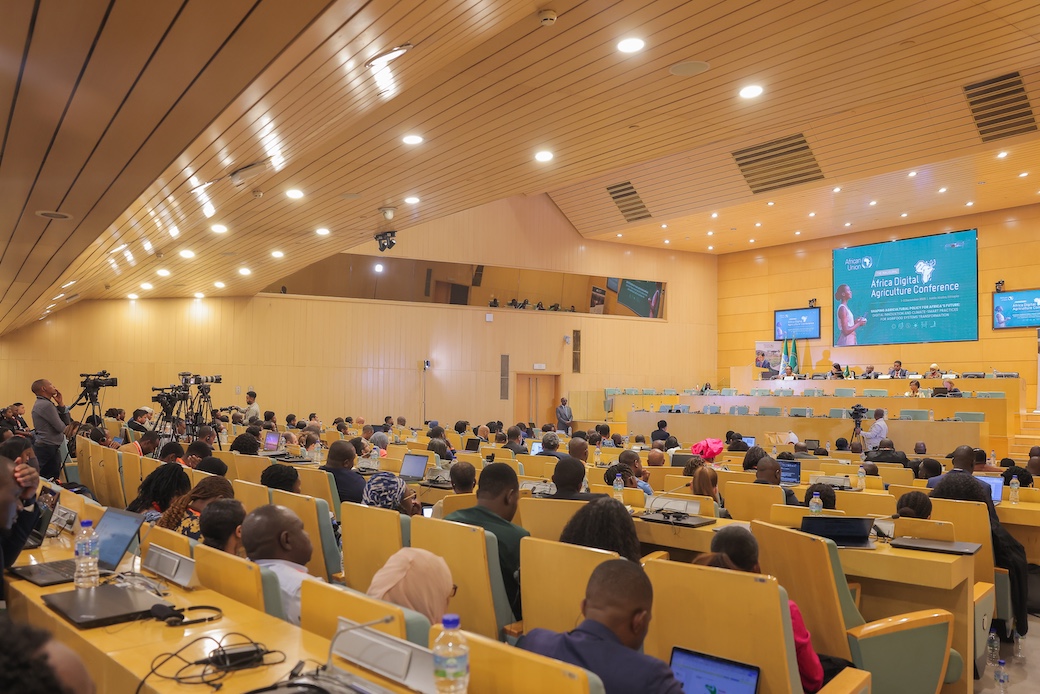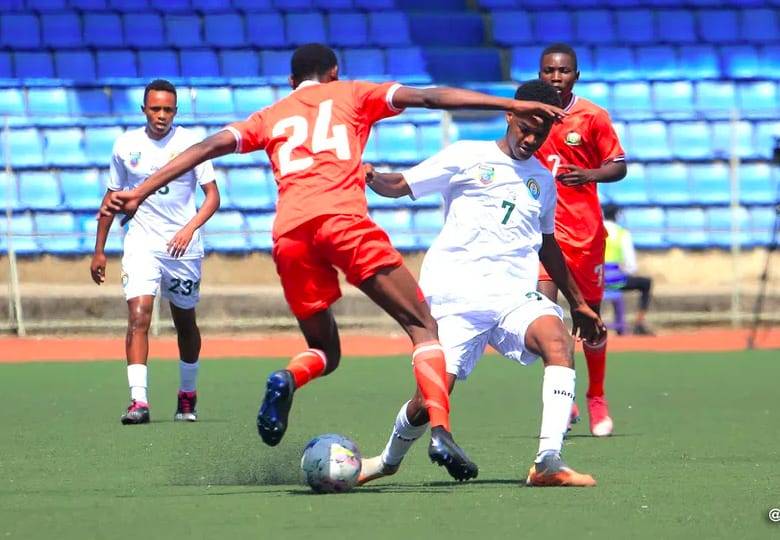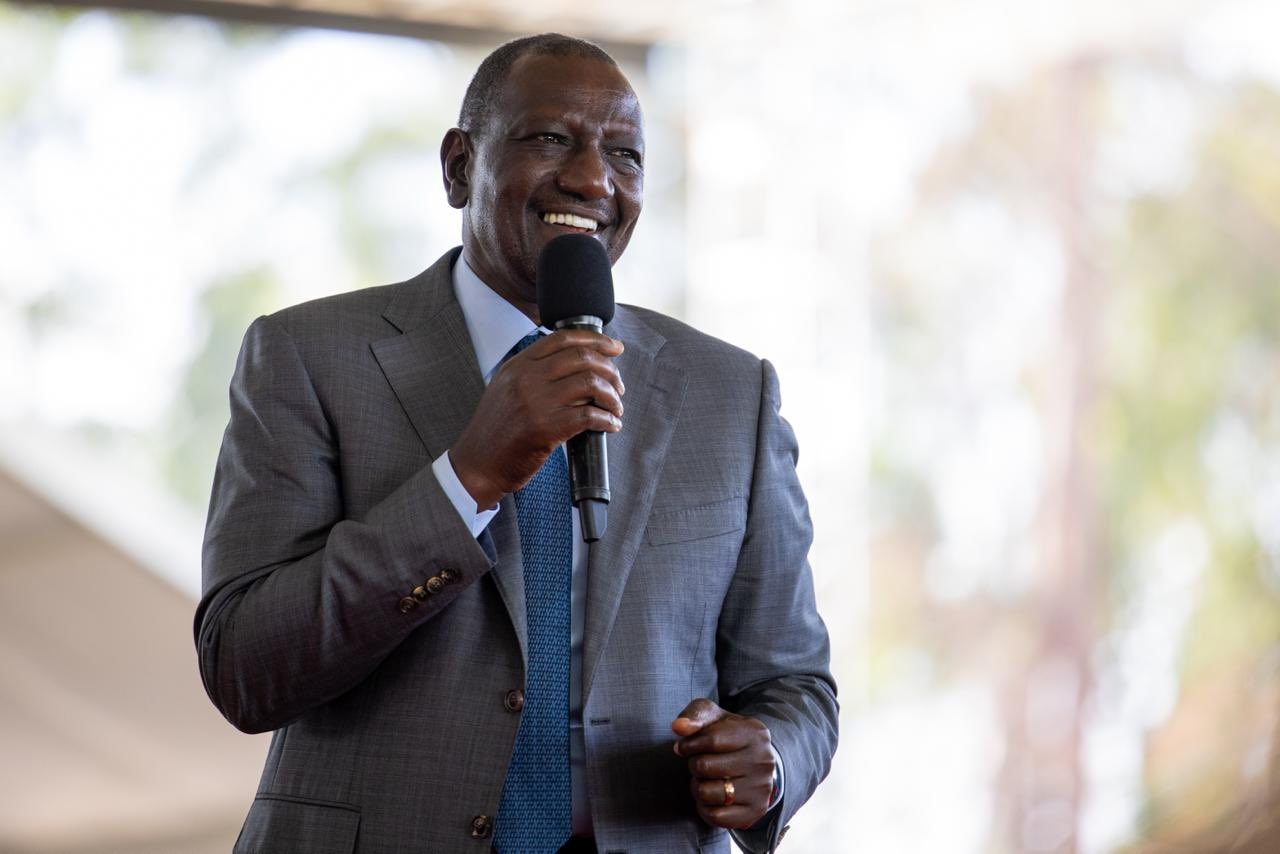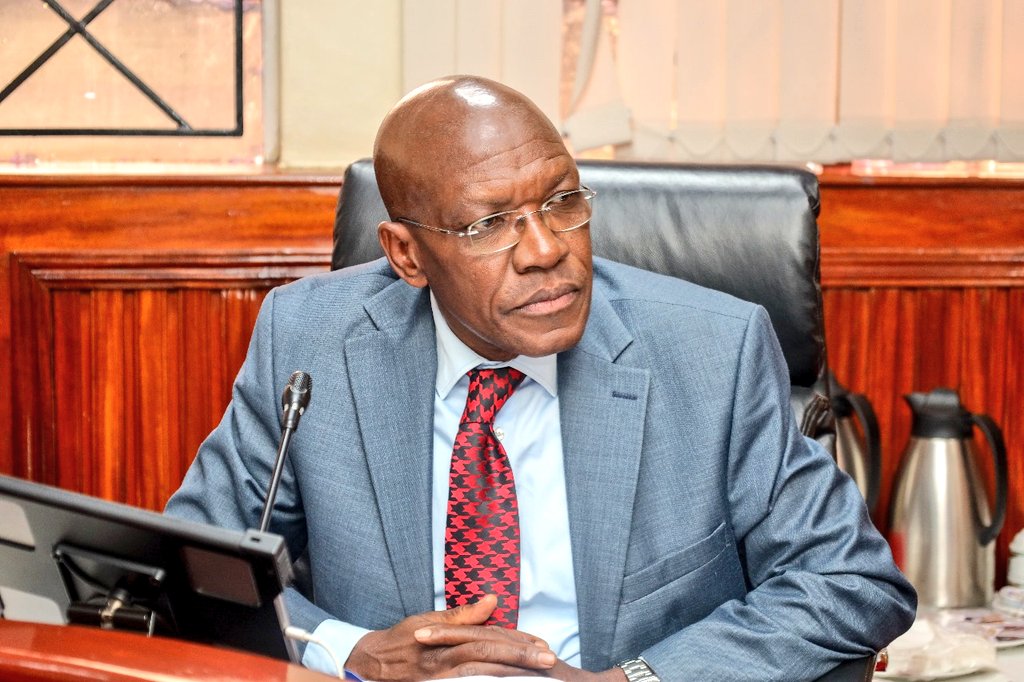HIV, malaria programmes at risk as Treasury cuts Sh68bn from health budget
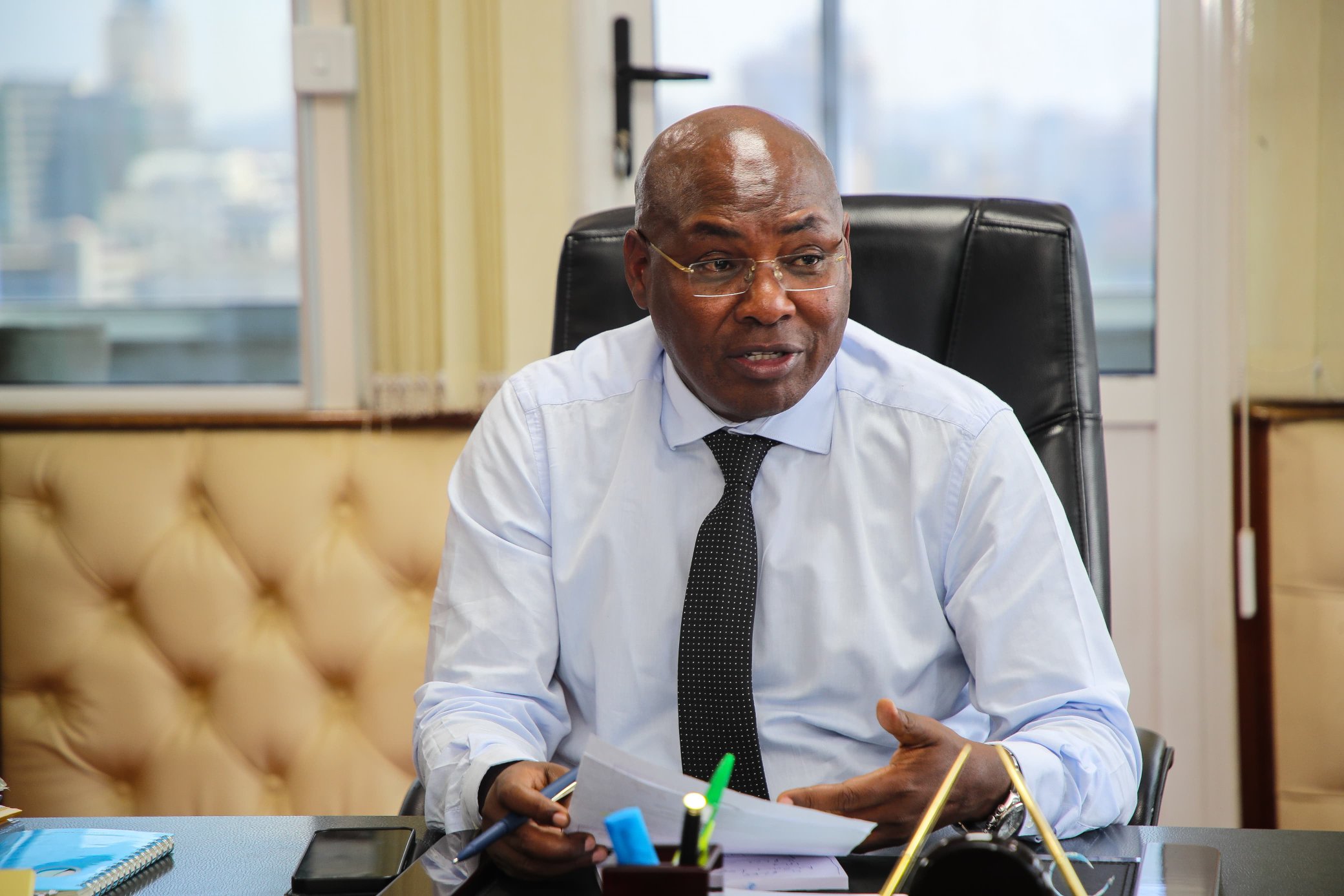
The Health Ministry shocked Parliament when it revealed that its development budget for the 2025/26 financial year faces a funding gap of Sh68 billion, which could severely impact the procurement of essential medical commodities.
Kenya’s health sector is on the brink of a crisis after the Treasury allocated just Sh172.6 billion to the State Department for Medical Services against a total requirement of Sh426.8 billion for the 2025/26 financial year.
With an overall deficit of Sh254.2 billion, health officials have raised an alarm over a specific Sh68 billion shortfall for critical programmes, including HIV treatment, vaccines, and blood transfusion services.
More To Read
- Treasury’s plan to abolish six development authorities raises fears over 423 projects, 1,500 jobs
- National Treasury secures Sh437.8 billion loan to plug budget deficit
- MPs raise alarm over alleged misappropriation of College of Insurance land
- MPs question rising debt despite Treasury’s reduced CBK borrowing
- CS Mbadi tables new banking rules targeting non-compliance, unethical practices
- MPs warn Treasury over lapses in fiscal discipline, pension system delays
The Health Ministry shocked Parliament when it revealed that its development budget for the 2025/26 financial year faces a funding gap of Sh68 billion, which could severely impact the procurement of essential medical commodities.
The State Department for Medical Services disclosed that Sh30 billion is needed to fully implement a publicly funded primary healthcare system, while another Sh15 billion is required for the procurement of strategic medical supplies, including HIV, family planning, and vaccine commodities.
Principal Secretary Harry Kimtai told the National Assembly’s Health Committee that the Treasury has also failed to allocate Sh3 billion to sustain blood transfusion services following declining donor support.
Additionally, the department requires Sh20 billion to address funding shortfalls left by the United States Agency for International Development (USAID) after US President Donald Trump issued an executive order freezing aid to the agency.
“The development unfunded priorities amount to Sh68 billion. These include Sh30 billion earmarked for the provision of a fully publicly financed primary healthcare system,” Kimtai told MPs during scrutiny of the Budget Policy Statement (BPS).
“Sh15 billion is required for procuring strategic commodities, including HIV, family planning, and vaccines, under the State Department for Medical Services.”
Kimtai explained that repeated supplementary budget cuts over the years have undermined the implementation of key health programmes, making it difficult to achieve set targets.
“The State Department is requesting that these funds be ring-fenced in the financial year 2025/26 and the Medium Term,” he said.
Blood transfusion services, he noted, have been severely underfunded, with a deficit of Sh3 billion needed to purchase essential supplies such as blood bags and equipment for separating different blood groups and cells.
Kimtai attributed the Sh20 billion funding gap to US President Donald Trump’s executive order, which halted USAID’s financial support.
“The USAID funding challenges require government intervention to cover HIV commodities, Reproductive Maternal Neonatal Child and Adolescent Health (RMNCAH), and Human Resources for Health,” he said.
A preliminary analysis by the State Department for Medical Services indicates that the freezing of US development assistance will impact Kenya’s healthcare sector by Sh30.9 billion.
“We have done some analysis, which shows that Sh30.9 billion will be required to cover the US government executive order freezing funding,” Kimtai said.
He added that Health Cabinet Secretary Deborah Barasa is currently holding high-level talks with US Embassy officials to discuss the impact of the funding freeze and explore possible solutions.
“We will share the findings of the ongoing study on the impact of the US government’s action and the resolutions from the meeting between the Cabinet Secretary and US officials,” he said.
Barasa, speaking during a leadership consultative meeting at the Deputy President’s residence, noted that the sudden withdrawal of aid leaves Kenya with an annual funding gap of Sh30.9 billion in the health sector.
She warned that health products and technologies for HIV, tuberculosis, and malaria would be the most affected, with the country expected to face an annual deficit of Sh12.26 billion for these essential services.
“The reduction in funding for the HIV programme alone is projected to result in approximately 60,000 new HIV infections by 2030,” she said.
Kenya has the seventh-largest HIV burden globally, according to the latest data from UNAIDS.
Kimtai told MPs that the State Department is exploring alternative funding sources to bridge the gaps left by development partners in key health programmes.
“The State Department recommends investing in local manufacturing of essential and specialised health products,” he said.
“Other proposed measures include prioritising domestic resource mobilisation to address donor transition and enhance sustainability, particularly in TB, HIV, malaria, and RMNCAH.”
He revealed that the State Department for Medical Services has planned 42 projects for implementation by June 2026, with a total development budget of Sh29.49 billion, of which Sh14.13 billion is expected from donor support.
Top Stories Today

